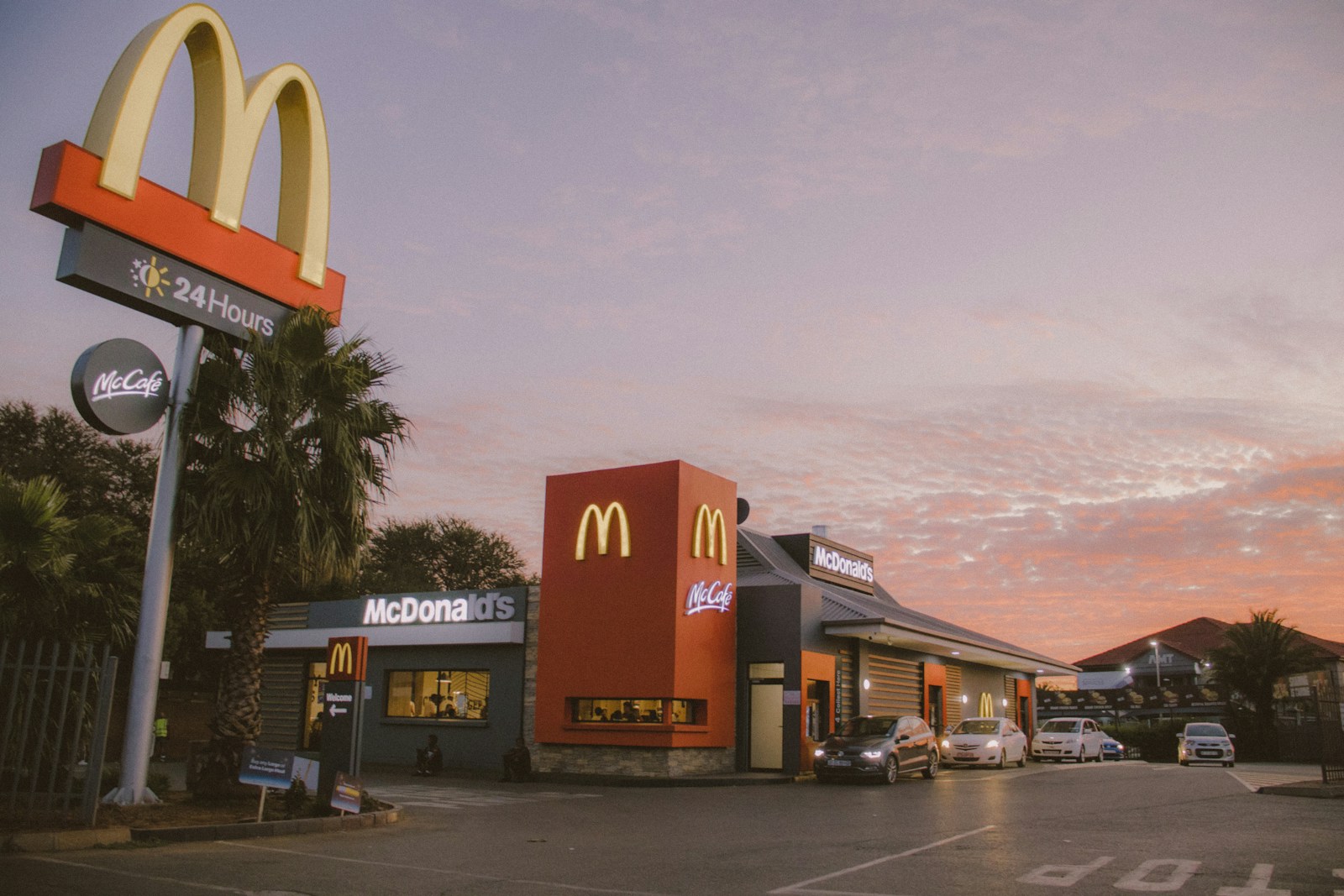Key Takeaways:
– Over a dozen people trafficked from the Czech Republic into the U.K. were forced to work in a McDonald’s and food factories supplying major supermarkets.
– The trafficking ring, run by Czech brothers Ernest and Zdenek Drevenak, exploited their victims for several years.
– 16 victims, many of whom had suffered from homelessness or addiction, had their wages confiscated and were controlled by threats and violence.
– The victims worked from 2015 to 2019 in Cambridgeshire, Hertfordshire, and north London.
– McDonald’s U.K. has responded by saying they have improved systems for spotting potential risks.
Trafficking Ring Operated for Four Years
A deeply troubling case involving human trafficking has recently come to light in the United Kingdom. More than a dozen individuals from the Czech Republic were forced into labour in a McDonald’s restaurant and food factories supplying major supermarket chains. This operation ran unimpeded for four years, from 2015 to 2019.
A Gang Exploiting Vulnerable People
The operations were led by Czech brothers Ernest and Zdenek Drevenak. They preyed upon vulnerable individuals, many of whom were homeless or grappling with addiction. The group seized the wages of 16 victims, controlling them through threats and violence. A large portion of the stolen wages was channelled into buying luxury items such as cars, jewellery, and properties.
Living Conditions and Work Environment
The victims lived in squalid, cramped accommodations including an uninsulated trailer and a leaky shed. Despite the severe conditions, they were compelled to work in a McDonald’s branch in Cambridgeshire and pitta bread factories located in Hertfordshire and north London. These factories supplied food to the leading supermarket chains across the U.K.
Missed Opportunities To Halt Exploitation
In spite of noticeable red flags, such as four men having their wages paid into the same bank account, these exploitative practices went unnoticed for years. Other signs included nine victims sharing the same home address and an unusual language barrier. Some victims could not speak English and required an accomplice from the gang for translating during job interviews. The victims worked extremely long hours, often between 70 and 100 hours a week, with one individual reported to have worked a straight 30-hour shift.
As this eye-opening saga unfolded, it was found that such exploitation could have been stopped earlier if the signs had been recognized. This realization prompted the former independent anti-slavery commissioner of the U.K., Dame Sara Thornton, to express her concern over the negligence of the companies towards vulnerable workers.
Inflicting Fear and Violence
The victims’ passports were confiscated by the gang, instilling fear by using violent tactics. They even tracked victims who managed to escape back to the Czech Republic and forced them back to Britain. According to accounts from the victims, the gang had an extensive network in their hometown in the Czech Republic, which posed as a persistent threat to their safety.
End of the Ordeal and Response to the Incident
The plight of the victims came to an end in late 2019 when they reached out to Czech police, who relayed the situation to their British counterparts. In response to these unsettling incidents, McDonald’s U.K. and the British Retail Consortium pledged to improve systems to spot potential risks and learn from past instances.
While the culpable parties, Ernest and Zdenek Drevenak, have been convicted, the victims continue to suffer from the mental health impact inflicted by this gross human rights violation. This harrowing episode highlights the need to remain vigilant against the persistent threat of human trafficking and modern slavery. All companies need to play their part to protect their employees and stand against these crimes.
